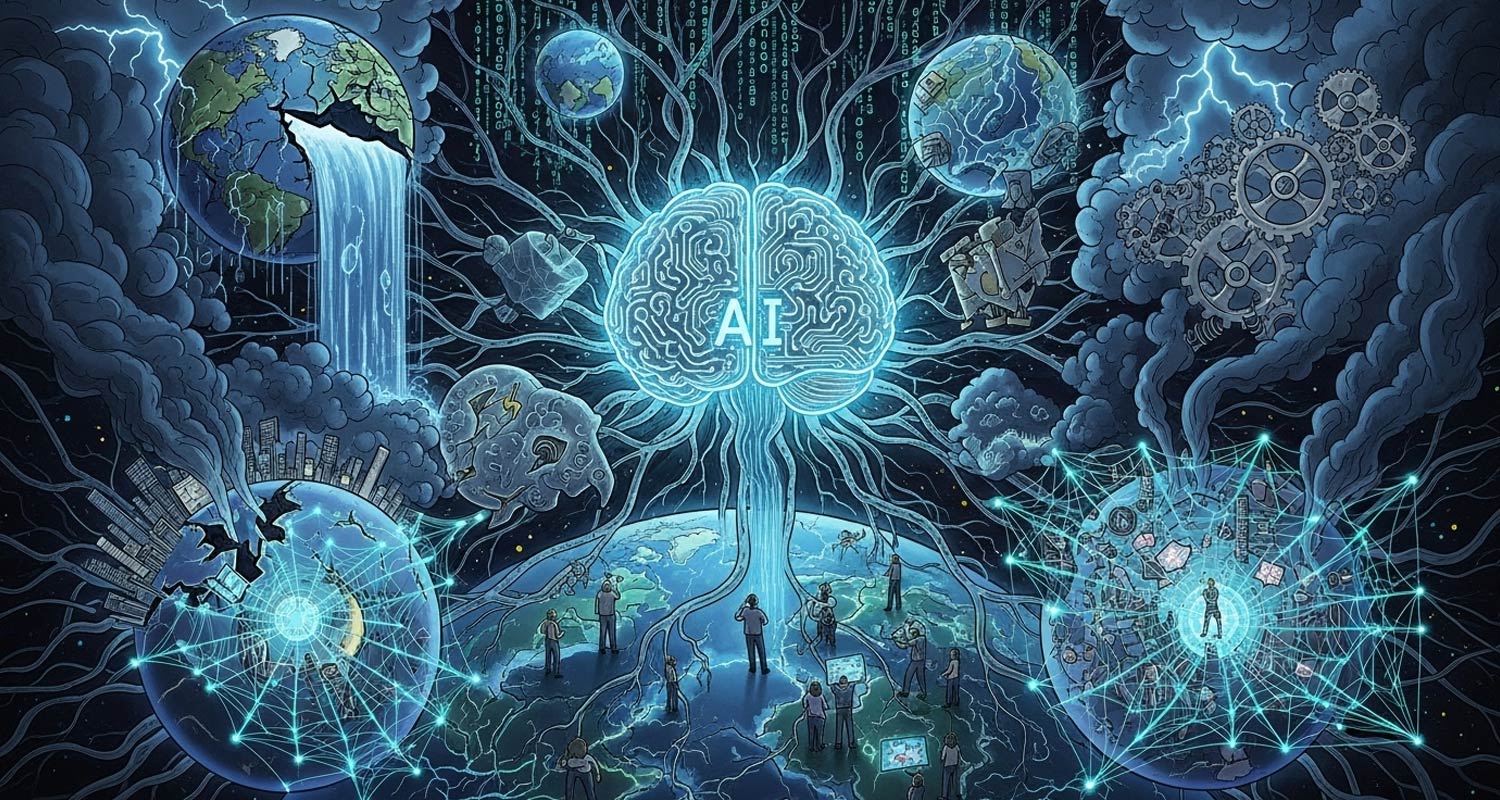People’s lives are more enmeshed with digital systems than ever before, increasing users’ vulnerability and insecurity. From data leaks like the 2017 Equifax data breach to the more recent cyberattack on British retailer Marks & Spencer, business operations and data on the internet continue to be vulnerable.
There are good reasons to believe that little will be done about these risks until a massive society-wide crisis emerges.
My research suggests that there are significant failures in our current approaches to risk and innovation. Digital technologies remake social life through new technologies, communication platforms and forms of artificial intelligence. All of which, while very powerful, are also highly risky in terms of malfunctioning and vulnerability to being manipulated.
Yet governments are generally unable to distinguish between what are actually valuable contributions to society and what are intensely socially damaging.
The digital economy includes “those businesses that increasingly rely upon information technology, data and the internet for their business models”. The companies dominating the digital economy continue to undertake a massive social experiment where they keep the lion’s share of the benefits while shunting the risks onto society as a whole.
This could lead to a systemic digital crisis, ranging from a widespread breakdown of basic infrastructure, such as electricity or telecommunications due to a cyberattack, to an attack that modifies existing infrastructure to make it dangerous.
There are significant similarities between the current trajectory of the digital economy and the 2008 financial crisis. In particular, what we are increasingly seeing in the digital world, which we saw in the pre-crisis financial world, is what American sociologist Charles Perrow called “tight coupling”.
Interdependence
Perrow argues that when systems exhibit high levels of interconnection without sufficient redundancy to compensate for failures, it can lead to catastrophic consequences.
Likewise, high levels of complexity are generally considered to make highly interconnected systems riskier. Unanticipated risks and connections can lead to failures cascading across the system.
Our existing digital economy shares many of these characteristics. The digital economy is characterised by a business model that focuses on businesses getting as large as possible as quickly as possible.
Read: AI boom puts Africa at a crossroads
The lead-up to the 2008 financial crisis and the current digital economy share both the amplification of interdependency alongside the reduction of redundancy. In the case of finance, this proceeded through massive borrowing to leverage earnings, leaving a smaller ratio of money left to cover any possible losses.
In the digital economy, this need to continuously collect data increases interdependencies among datasets, platforms, corporations and networks. This increased interdependency is fundamental to the core business model of the digital economy.
 The undermining of redundancy in the digital sphere is manifested in the “move-fast-and-break-things” ethos in which digital companies eliminate or acquire competitors as quickly as possible while eliminating analogue alternatives to their own digital networks.
The undermining of redundancy in the digital sphere is manifested in the “move-fast-and-break-things” ethos in which digital companies eliminate or acquire competitors as quickly as possible while eliminating analogue alternatives to their own digital networks.
Last, these digital behemoths and their rapid growth increase the complexity of the digital economy and the monopolistic networks that dominate it.
There is a key difference between the 2008 financial crisis and the contemporary digital economy. Unlike in the lead-up to the crisis, where a partially finance-driven prosperity quieted any obvious warning signs, the warning signs in the digital economy are front and centre for everyone to see.
The 2017 WannaCry and NotPetya malware attacks each caused billions of dollars in damages. More recently, the CrowdStrike failure in 2024 cancelled thousands of flights, and even took television stations off the air. Constant hacks, ransomware attacks and data leakages are warning signs that this is a deeply fragile system.
AI has taken many of these vulnerabilities into overdrive, while adding new risks, such as AI hallucinations and the exponential growth in misinformation. The speed and scale of AI are expected to intensify existing risks to confidentiality, system integrity and availability.
This is potentially the most significant, though unfortunate element in this story. There is massive system risk, yet they are not addressed directly, and the processes heightening these risks continue to accelerate.
Read: China flaunts the future of war
This suggests a deeper problem in our politics. While we do have some ability to regulate after the damage is done, we struggle to prevent the next crisis.![]()
- The author, Dean Curran, is associate professor in sociology at the University of Calgary
- This article is republished from The Conversation under a Creative Commons licence. Read the original article
Get breaking news from TechCentral on WhatsApp. Sign up here.

